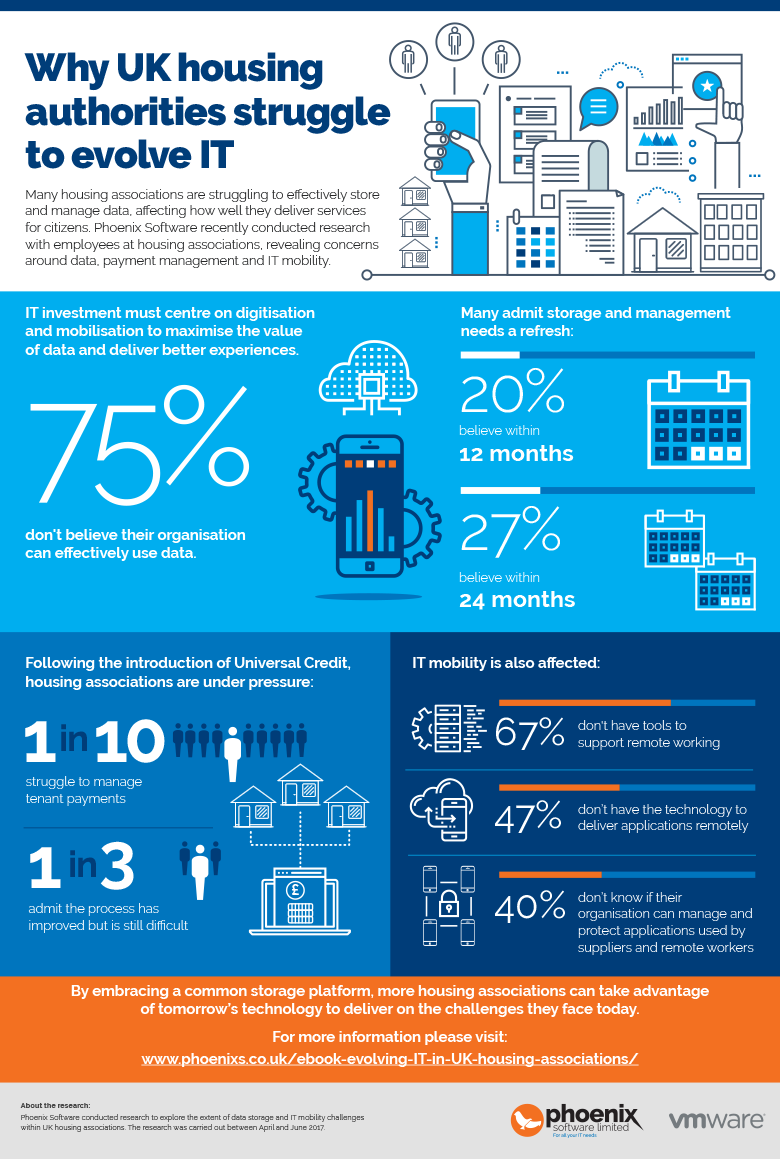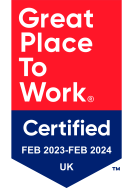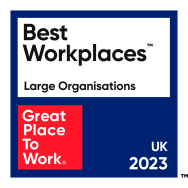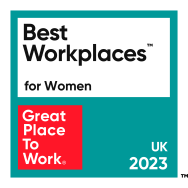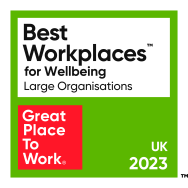Are UK housing authorities failing to use data as an asset?

By Greg Dean, Sector Sales Manager – Charities & Housing Associations
UK housing associations provide a wealth of vital services to citizens; but as demand surges and issues within the system persist, it’s become clear that the current methods for managing data and supporting a more mobile workforce are no longer fit for purpose.
Organisations in this sector have had to contend with a range of challenges. From central funding freezes to benefit payment caps, ongoing welfare reform and social housing fraud, the need to offer better services to increasingly digital citizens is mounting. Crucial to the success of this is the effective storage and management of data.
Data is key in unlocking the true potential of UK housing authorities
Data is at the very heart of what the housing sector does, collecting an enormous amount of important information on property and people. Its widely recognised that better use of this information can power decisions in a range of areas from home design and investment to the allocation of care services, maintenance and repairs. Effective use of data is also set to become increasingly important as the sector embraces the Internet of Things (IoT) as a way to remotely monitor utilities and security.
What are UK housing authorities saying?
We recently asked employees from housing associations in the UK what kind of job their organisation was doing when it came to storing, managing and using data and providing the right access for staff and suppliers on the move. Many were in desperate need of change:
- Three quarters (75 percent) admitted they don’t think their organisation is capable of effectively using the information it stores
- A fifth believe current data storage and management capabilities will need a refresh within the next 12 months, 27 percent in two years and a third in three years
- Aside from managing and storing data (43 percent of housing associations), the top challenges are access to the right technology for staff and suppliers (47 percent), flexible working (65 percent) and data compliance and spending cuts (51 percent)
- A worrying number don’t believe or know whether their organisation current has the ability to manage and protect mobile devices (19 percent), email content (25 percent) or applications (39 percent) used by remote workers and suppliers
Clearly the scope of change required is daunting – but most of the changes here centre on flexibility, storage and management and this is where the focus of CIOs in this sector should be.
What’s next for UK housing authorities?
Future-proof, cost-effective solutions to enable them to collect, store and use the information at their fingertips more effectively is what is required, offering them the best opportunity to streamline processes, save money and improve services for citizens.
Multi-cloud is where organisations in every sector are heading and is the use of various cloud technologies to ensure they extract the most value from all aspects of IT, rather than just using a single cloud provider. Housing associations wouldn’t only benefit from solving the data conundrum that they currently have by using a multi-cloud approach, but they would also be able to provide better flexible working solutions for staff and suppliers, support a range of applications, and make sure that emails, applications and mobile devices used by remote workers and suppliers are fully secure.
Perhaps most importantly, they would be able to provide the services necessary to better help citizens without having to worry about their constrained budget; it is a more cost-effective approach than using legacy systems, processes and architecture.
Efficient analysis of information can help housing associations build more accurate pictures of tenants and assist forecasting for the planning and delivery of services, reducing time and money, and improving citizen and supplier interactions. It is therefore vital that housing associations make the right investments today, to ensure they can proactively plan, project and purchase effectively for tomorrow.
Want to know more?
Check out our infographic below, or download our free eBook here.
